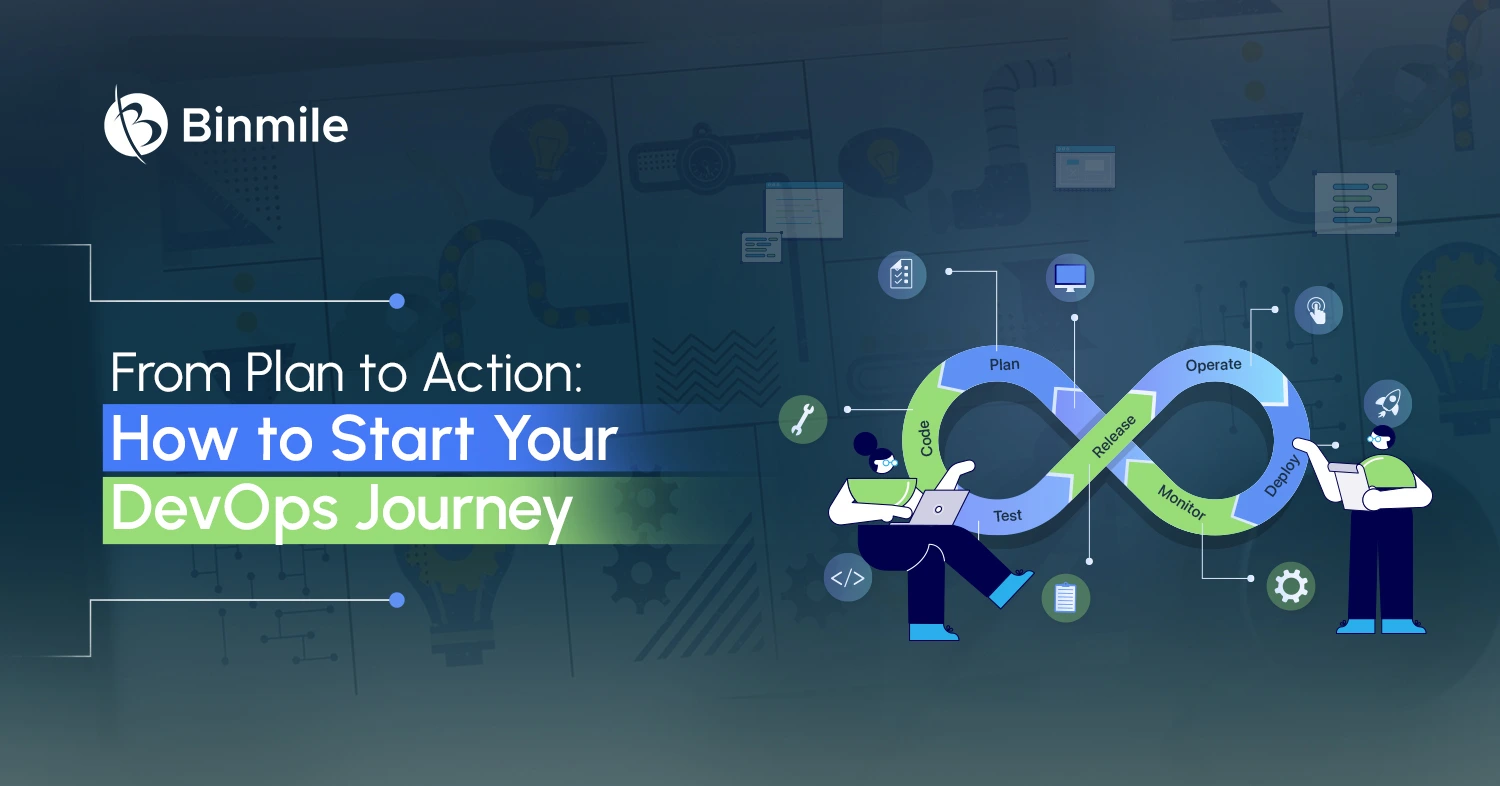Serverless computing has emerged as a big opportunity for both developers and people from operations to get freedom from the constraints of underlying IT infrastructure, including hardware, protocols, and systems. A serverless architecture lets you make and run applications and services without depending on infrastructure management. It means applications will run on servers, but you are not doing server management tasks. This time, a third-party on-demand cloud computing platform is taking IT infrastructure management activities’ pain. Chip Childers, CTO of Cloud Foundry, defines serverless as “Computing resources that do not require any configuration of operating systems by the user.” Let’s go ahead and find out more about the benefits of serverless architecture and its prospects.
Unique Benefits of Using Server-Less Architecture
Broadly speaking, serverless architecture is an application that depends on the third-party service or custom code running in ephemeral containers. As a 3rd party service, serverless architecture is a Backend-as-a-Service (BaaS) related to delivering underlying capabilities from a 3rd party. As a custom code, this architecture environment is Function-as-a-Service (FaaS) associated with the availability of underlying capabilities on demand.
With the immense benefits of greater agility and lower costs, serverless architecture prepares a cloud-based environment. A serverless architecture reduces overhead and gives developers an edge as they can concentrate on their core product. It also means developers needn’t worry about runtime or server management and operations in the cloud or on-premises.
“The main difference between traditional IT architecture and serverless architecture is that the person using the architecture does not own the physical or cloud servers, so they don’t pay for unused resources. Instead, customers will load their code into a platform, and the provider will take care of executing the code or function, only charging the customer for executing time and resources needed to run.” – Miguel Veliz, systems engineer at Schellman and Company.
Advantages of Employing Architecture with Serverless
- Automatic scaling up and scaling down of resources
- Build better apps easier at lower costs
- Decreased cloud spending with backend as a service
- Default automation of the availability and fault tolerance
- Higher and automatic scalability
- No infrastructure management
- Pay-as-you-use
Upcoming Prospects of Serverless Architecture
Serverless is still a new entry in the web app development industry, and web development companies want to make the most out of it. As far as Serverless’s development is concerned, end-users expect it will reduce and remove inherent drawbacks of implementing IT infrastructure. The serverless architecture in the Cloud & DevOps will be the future of business computing as it offers greater scalability, more flexibility, and a quicker time to release. Moreover, you get all these benefits at a reduced cost. Plus, you needn’t worry about servers anymore.
Setting up and maintaining IT infrastructures for big data is not an easy task. With serverless computing platforms such as AWS Lambda, Azure Functions, and Cloud Functions, serverless technology will make a big difference. These modern technology platforms let you host a static website on an S3 bucket (object storage service) and serve IT assets with a fast cloud delivery network at a cheaper price tag. Serverless architecture is equally helpful for multimedia processing applications as it lets you store and upload images and videos asynchronously using a scalable storage service. It will allow your users to enjoy your app available in a hassle-free manner.
Data management in serverless architecture is essential. Some organizations find it hard to process the data generated by IoT devices. Here, a serverless backend platform can let them scale to uncountable messages and devices. Serverless services permit you to firmly access, deploy, and syndicate data from different sources in real time. It also automates Continuous Integration (CI) and Continuous Delivery (CD) workflows to empower developers so that they can deliver and integrate codes.
Summing Up
With serverless computing platforms, serverless technology will induce a big difference and allure more and more web developers and operations people to its fold. The best part of moving to the serverless architecture is that you no longer have to facilitate, scale, and maintain servers to run your applications, databases, and storage systems. Remember that you get advanced and highly functional serverless architecture solutions from a company with proven expertise in modern cloud computing technology. Moreover, it should be able to render end-to-end solutions for any complexity so that you can accelerate your serverless journey faster.









